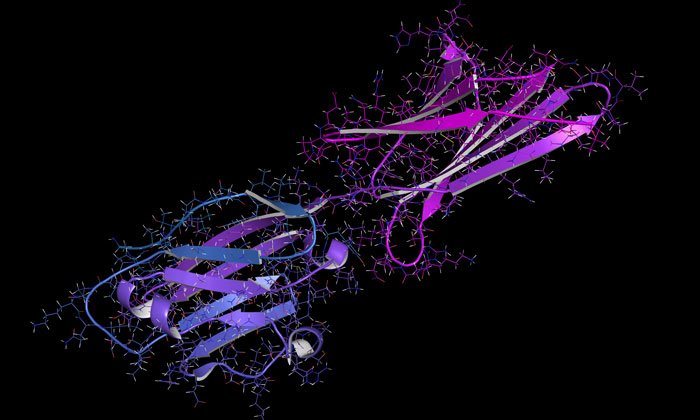New study suggests possible marker to test patient immunotherapy benefit
Posted: 19 January 2018 | Drug Target Review | No comments yet
While immunotherapy has made a big impact on cancer treatment, the fact remains that only about a quarter of patients respond to these treatments.


“This begs the question: Why does it work in those patients? We don’t understand the mechanism at work very well,” says Weiping Zou, M.D., Ph.D., the Charles B. de Nancrede Professor of Surgery, Pathology, Immunology and Biology at the University of Michigan.
Zou and colleagues offer a clue in a new study published in the Journal of Clinical Investigation.
Researchers studied mice with colon cancer, ovarian cancer, melanoma and lung cancer to understand how expression of the protein PD-L1 affects response to its blockade. This is a key target of immunotherapy drugs. The researchers found a key link in the antigen presenting cells – macrophages and dendritic cells found in the tumour microenvironment and in the nearby lymph nodes.
“The antigen presenting cells are the real guide. PD-L1 expression in these cells is responsible for response to therapy. This reshapes our understanding of checkpoint blockade therapies and the biomarkers that may predict clinical efficacy,” Zou says.
Interestingly, his team first pinpointed the human cancer associated antigen presenting cells in 2003, in a paper published in Nature Medicine. That paper demonstrated that dendritic cells express PD-L1 and blockade of PD-L1 on antigen presenting cells causes tumour regression in model systems. But this was when immunotherapy research was in its very early stages, before any of today’s therapies were introduced.
When the Food and Drug Administration approved immunotherapy drugs designed to block PD-L1 and PD-1, the indication said patients’ tumours must express PD-L1. But these therapies have worked in patients whose tumour cells did not express PD-L1. And they have failed in patients whose tumour cells do.
“Clearly, that’s not a reliable biomarker,” Zou says.
In the new study, researchers examined tissue samples from melanoma and ovarian cancer patients treated with immunotherapies. In both cancers, researchers found a link between the percentage of antigen presenting cells expressing PD-L1 and an objective clinical response to treatment.
Currently, tumour tissue is tested broadly for PD-L1 expression. Without looking at individual cells within the tissue, it could mask the true source of PD-L1 expression. This study suggests a more complicated analysis looking for additional markers might be more informative in guiding treatment.
Related topics
Biomarkers, Immunotherapy, Protein
Related conditions
Cancer
Related organisations
Michigan University
Related people
Charles B. de Nancrede, Weiping Zou



